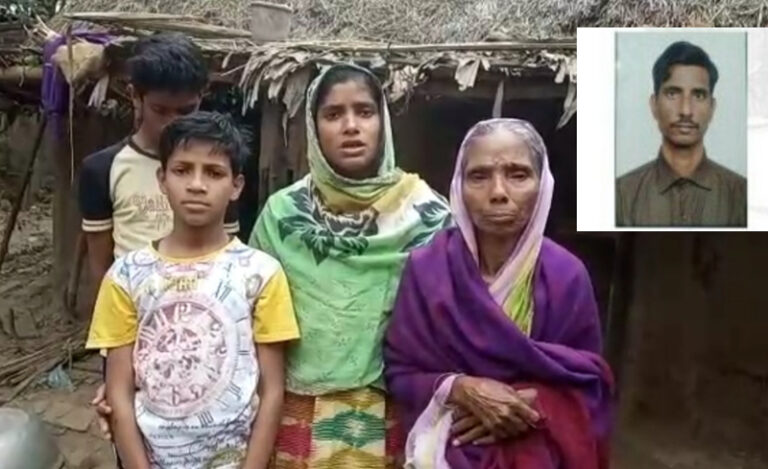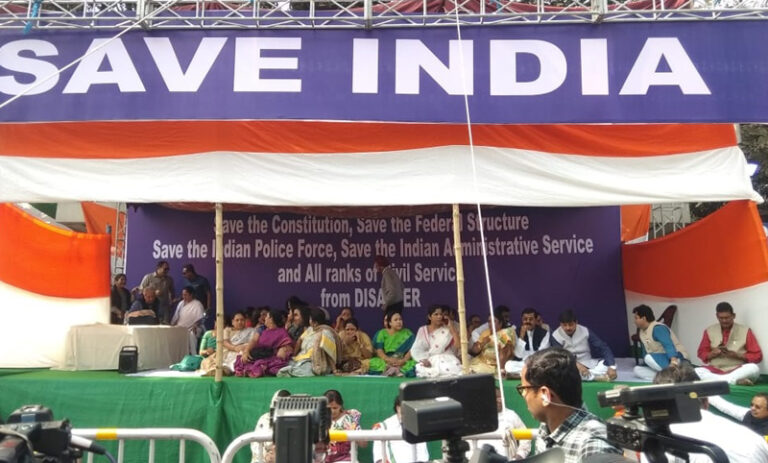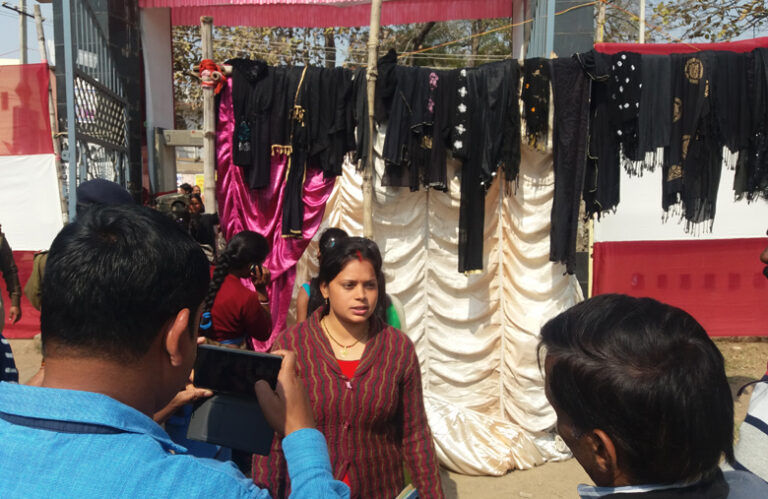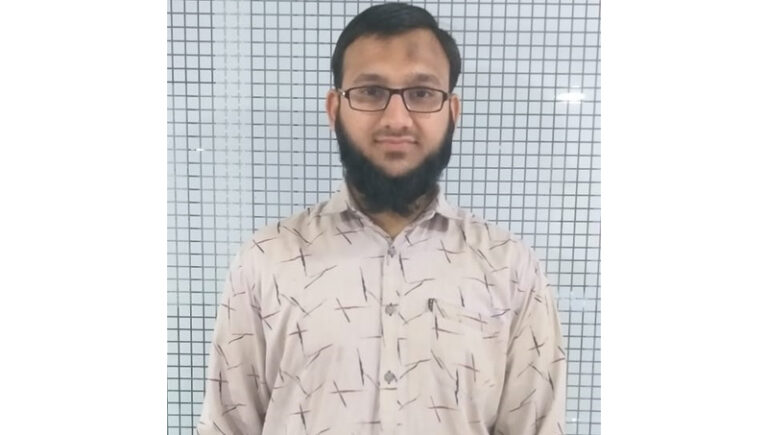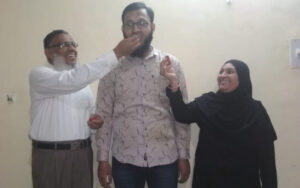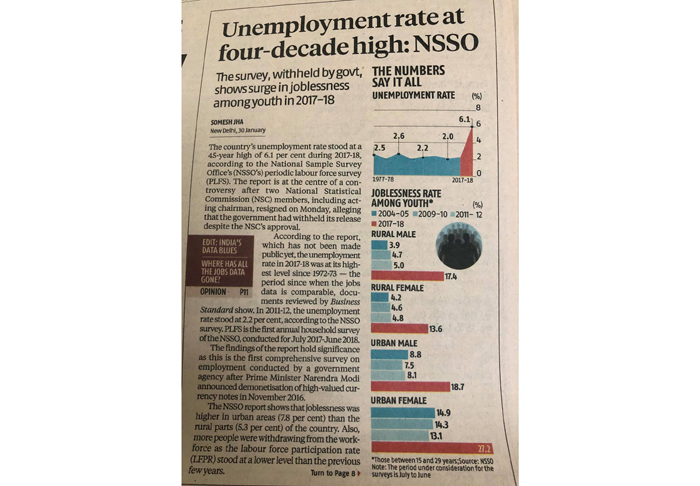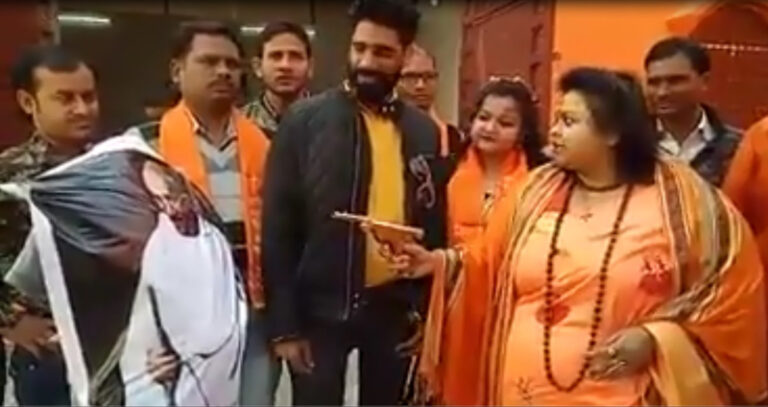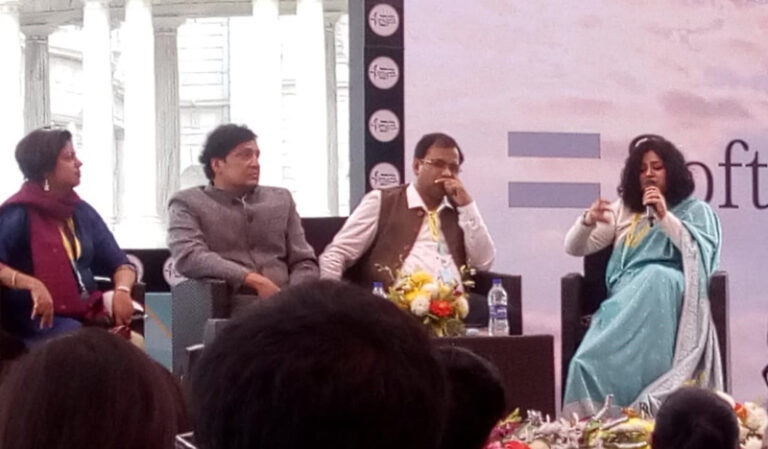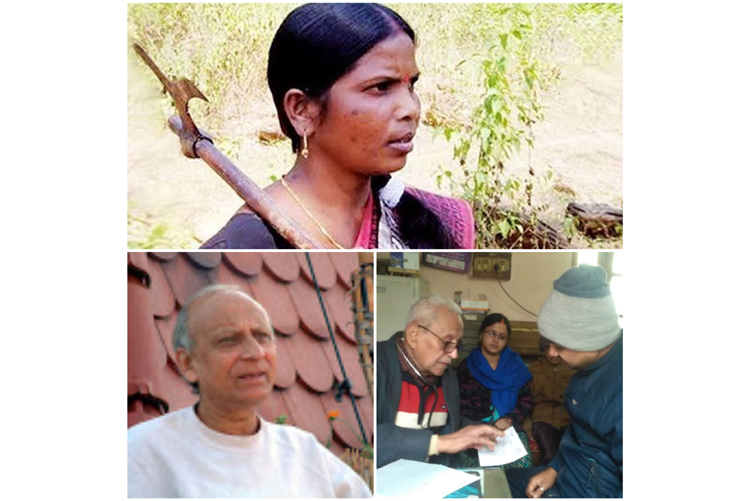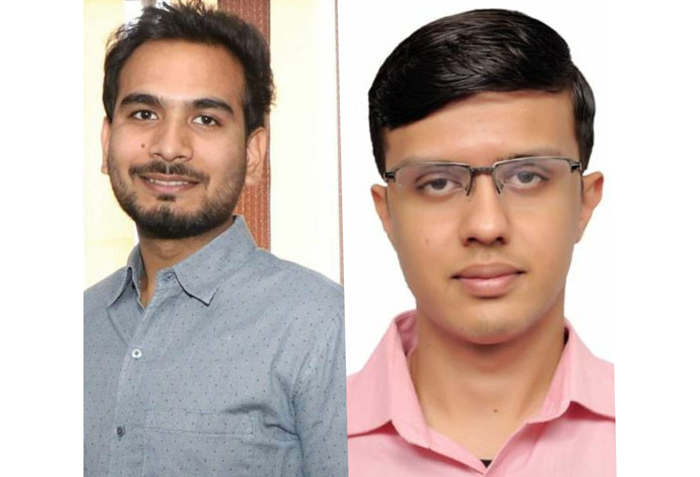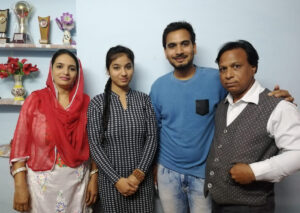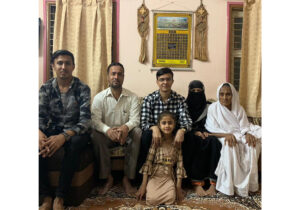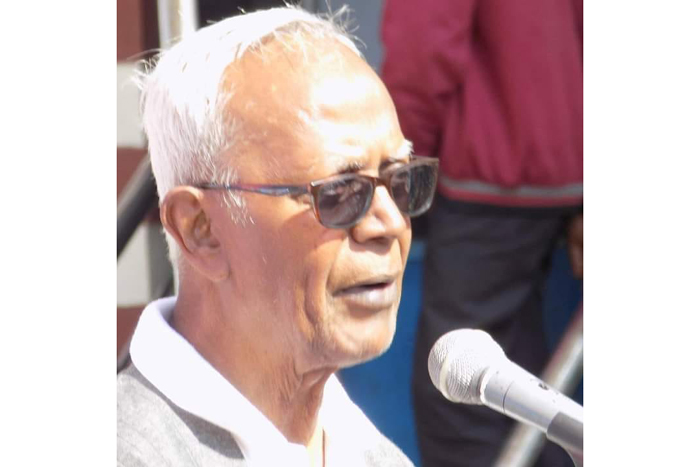Kolkata: Shaikh Alimuddin, a 42-year-old migrant labour from Jajpur district’s Kaina village, in Odisha has been spending his days at a Baku prison in Azerbaijan for almost a year. The reason for his arrest being his presence on foreign soil after his visa had expired. Azerbaijan’s court imprisoned him for 10 long years for being there with an expired tourist visa. Alimuddin’s visa mentions his profession as Sales Representative.
Alimuddin’s brother-in-law Shaikh Bashir contacted eNewsroom after he saw similar news about migrant labours trapped in Azerbaijan, which the portal had carried. “After going through the story, we realised that my sister Jani Begum’s husband could be in deep trouble as his calls have stopped coming for a month now, from Azerbaijan,” said Shaikh Bashir who had tweeted to eNewsroom, seeking help, on behalf of his sister.
“Not a single person from our locality, working in Azerbaijan could be of help. There are people who had gone to Gulf countries who would have helped us. As a result we were clueless,” said Bashir over the phone from Bhubaneshwar, where he works.
Before heading to Baku, the capital city of Azerbaijan, Aliumuddin had not shared any single information about the Mumbai-based company he was working for or any contact person who could be contacted in case of any emergency. “He had not told much about his work and company. When we stopped getting his calls we got worried. After three months he called up only to inform that he had been imprisoned for 10 years at Azerbaijan,” said Bashir.
Watch the video to listen the plead of Alimuddin from Azerbaijan and his family at Odisha
[embedyt] https://www.youtube.com/watch?v=WOSuVGwq0XA[/embedyt]
According to the family, Alimuddin was working with a Mumbai-based company, where he worked as a clerk. Before going to Baku, he informed his family members that his office boss wanted him to work in Baku as they have another office there. His passport and other requirements had been taken care of by the office. “Jija jee used to call from Baku after every seven to ten days, informing his family members that he is satisfied working in the new environment. The last time he called was before he was sent to jail. He had said that he was going to the airport to pick up a few people” said Bashir.
eNewsroom called on the number of the Mumbai office provided by Bashir, only to realise that the number was invalid.
His wife Jaani Begum said, that he would call once a month for a short duration from the jail. “Haal chaal poochte poochte time nikal jata hain. Doorsa kuch poochna nahi hota (We didn’t get much time about asking for other things apart from his well being),” she said.
Adding to that Bashir said, “I work in Bhubaneshwar so I hardly get an opportunity to speak to Alimuddin. Last time when I spoke to him, he had said that there was some communication problem. Whatever little English he knows he tries to answer the official but they don’t understand English and he doesn’t understand the local language.”
However, while the family is maintaining that Alimuddin has been framed, a local English portal of Azerbaijan carried a report which mentioned Alimuddin as an organiser of illegal migration from India. This claim of the local media has been refuted by the family members of Alimuddin who have maintained that they are clueless about the same. In an audio clip shared by his family members, Alimuddin can be heard pleading. “I am from Odisha and have been imprisoned for 10 years for no fault of mine. I was sent here by my office but on reaching Azerbaijan, I was arrested. I am having problem in communicating with the officials here.”
Samirul Islam, president of Bangla Sanskriti Mancha (BSM), a social organisation who has been working for migrant workers, said that they have taken up this case, and is in constant touch with both the Central government and Azerbaijan government. The officials at Azerbaijan Embassy in New Delhi have agreed to meet the representatives of BSM later next week.
Replying in context with the news flashed, Islam said, “Often the sly agents of metro cities use gullible men as their company face. This could be the case, if we presume that the news is correct. The family has vouched for Alimuddin’s innocence. We are in talks with both the government to make sure that he is back in India.”
The family had tweeted to Minister of External Affairs Sushma Swaraj, seeking her help but they are yet to get any response from the Minister, who has played an instrumental role in getting back several Indians from foreign shores. The local MLA did try to help the family as per his capacity but nothing eventful happened. Office of Indian Embassy at Baku was also contacted, but the there has been no response from the embassy.


